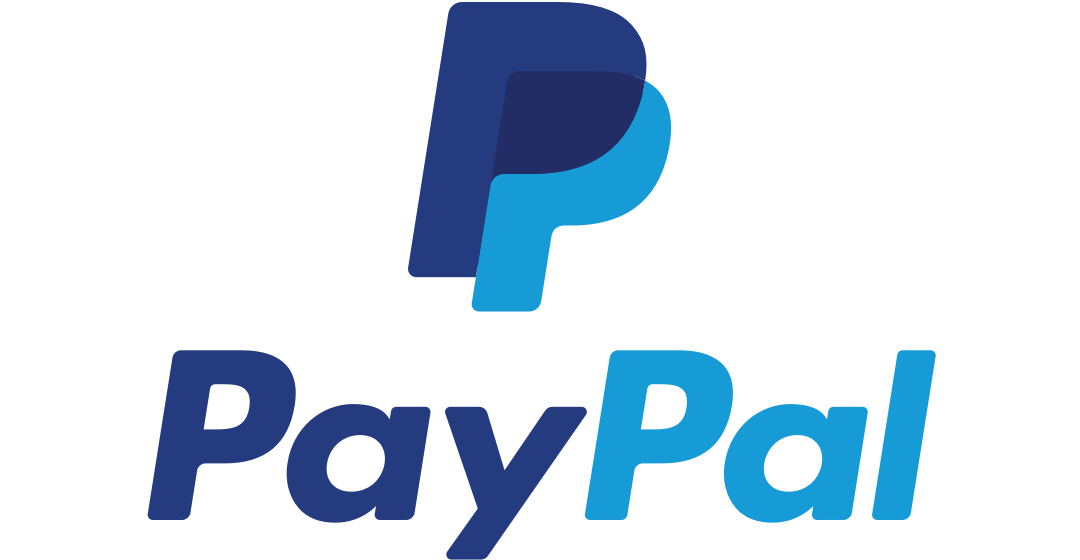As part of the 2021 American Rescue Plan, which went into effect on Jan. 1, 2022, the threshold for reporting income on IRS Form 1099-K has been lowered to $600.
IRS Form 1099-K is used to report goods and services payments received by a business or individual.
Due to the new regulations, digital payment processors like PayPal, Venmo, Zelle, and CashApp are now required to send users a 1099-K if they receive $600 or more in goods and services transactions in 2022.
This is not a change in tax law or a change in taxation, it’s only a change in reporting requirements. Business owners and individuals have been required for many years to report income of $600 or more per year to the IRS.
In the past, digital payment processors were only required to send Form 1099-K if a user received more than $20,000 in goods and services transactions and more than 200 goods and services transactions in a calendar year. But for 2022 and beyond, $600 in transactions will trigger the 1099-K.
What Should You Expect in 2022?
Many self-employed people, small business owners, digital nomads and remote contractors who use digital payments processors and haven’t received Form 1099-K in the past will be receiving this form at the end of 2022, so don’t be surprised when you receive it in the mail or in your email.
In order to send out Form 1099-K, digital payment processors may need to confirm that they have your current social security number or tax ID number. So you may receive a request to update your information through the platform. Always beware of scams and make sure you only provide your social security number or tax ID number to a genuine source.
Taxable vs Non-Taxable Transactions
Although payment processors will send you a 1099-K if you have over $600 in goods and services transactions in a calendar year, you might have transactions that are actually not subject to income tax. You will need to keep good records in order to avoid paying income tax on non-taxable transactions.
Taxable transactions:
- Selling goods and services for a profit – Income from business sales and anything you buy and sell for more than you paid for it is subject to income tax
Non-taxable transactions:
- Selling personal items at a loss – For example, money you receive for selling a piece of furniture for less than you originally paid is not subject to income tax. You may need to provide the original receipt to the IRS in order to prove that you sold it at a loss.
- Reimbursements – For example, money you receive from a friend paying you back for their portion of a restaurant or bar tab, or money you receive from your roommate or partner for their share of the rent and utilities is not subject to income tax. Again, keep receipts to support these transactions.
- Gifts – For example, money you receive from a family member as a birthday gift or holiday gift is not subject to income tax. It’s a good idea to have the sender write a memo when they send the transaction, such as birthday money or Christmas money, etc.
Keep Good Records
Keep good records of your transactions to avoid paying income tax on non-taxable transactions. PayPal and other digital payment platforms allow users to tag transactions as “goods and services” or “friends and family.” This is a great way to stay organized if you are using one account for both types of transactions.
It’s also a good idea to create separate PayPal, Venmo, Zelle, or Cash App accounts for business or taxable income versus receiving money from friends or family as gifts or reimbursement. Separate accounts will help to ensure that you only pay income tax on taxable transactions.
If you’re not sure whether your transactions are subject to income tax or not, you can always ask your tax professional.
If you are in need of tax preparation or tax planning services, contact BNC Tax. Schedule a phone consultation via our Appointment Calendar.
